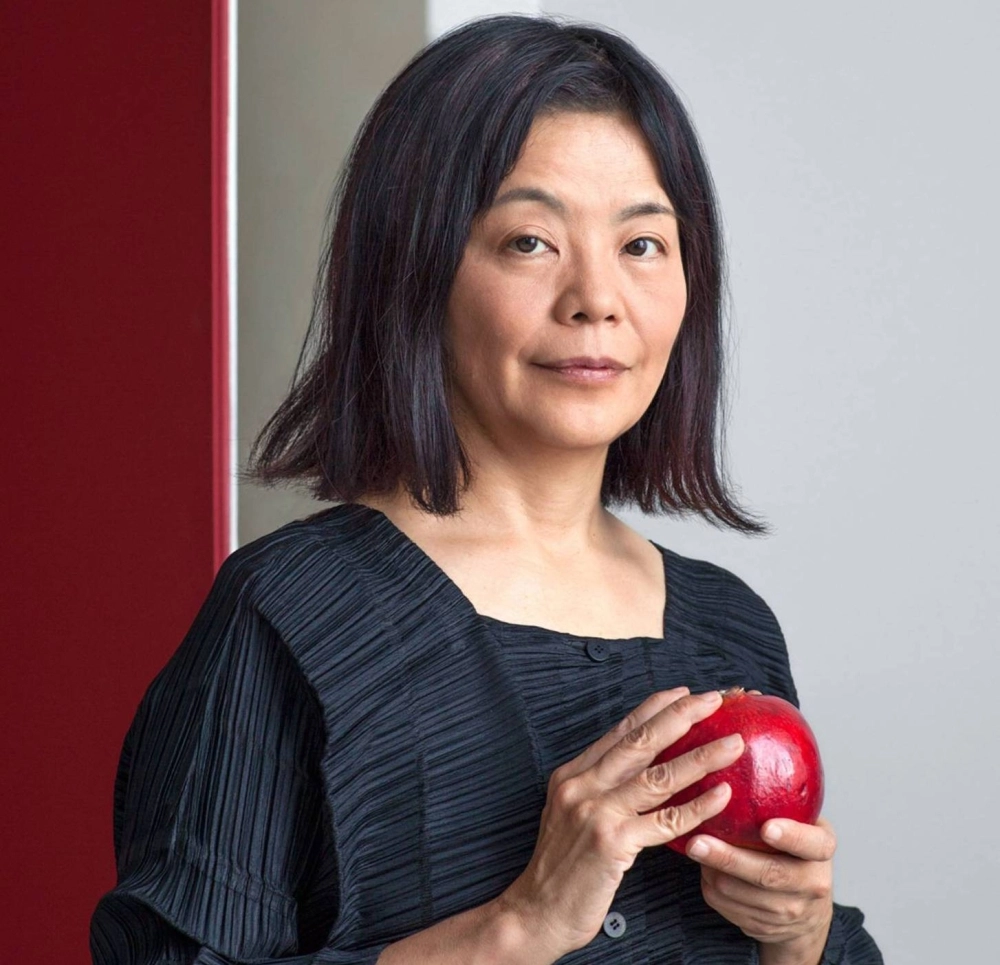For a reviewer, an apposite comparison is always a big help: If you liked X, then you might like Y. It’s a little lazy, choosing to compare rather than describe, but it’s a nice shorthand that we all understand. The problem is that a few times in every generation, there is a writer that defies comparison. A groundbreaking author out on the edge doing their own thing. These writers often become overused adjectives themselves: Joycean, Kafkaesque, Beckettian. You cannot be compared to your peers if you are playing your own game. Yoko Tawada is one such writer.
Winner of a handful of prestigious awards in Japan and overseas, “Paul Celan and the Trans-Tibetan Angel” (translated by Susan Bernofsky) is the latest of Tawada’s many works to be rendered into English. The titular Celan was a German-language poet and Holocaust survivor who died in 1970. His work is, according to the translator’s afterword, a “longstanding influence” on Tawada, and so this novella is something of an intellectual love letter.
Paul Celan and the Trans-Tibetan Angel, by Yoko Tawada. Translated by Susan Bernofsky. 144 pages, NEW DIRECTIONS PUBLISHING, Fiction.



















With your current subscription plan you can comment on stories. However, before writing your first comment, please create a display name in the Profile section of your subscriber account page.